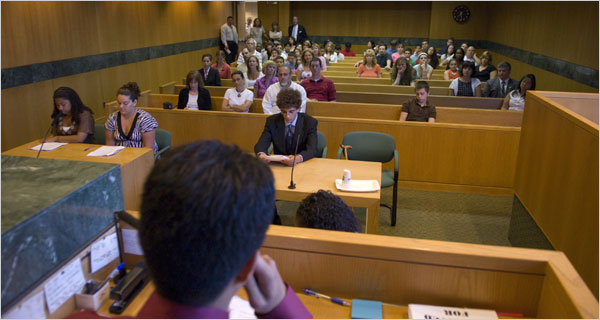The Waiting Room

Today, I’m writing from a hospital waiting room.
I’m here because, well, we’re waiting.
We’re waiting on a door to open, and to hear the person who opens the door call the name of the person we’re waiting with.
That door has opened a few times already, but we haven’t heard the right name yet.
Wait. It’s opening, the lady is checking a chart, and there it is. A quick prayer, some “I love yous,” and now … we wait.
We’ve chosen not to wait in the same waiting room. Instead, we’re a few miles down the road now in a different kind of waiting room, one that makes you forget that you’re waiting. Eating a scone or coffee cake surrounded by people networking while sipping coffee is a great way to wait.
Why can’t hospital waiting rooms be more like coffee shops? I think it’s because not all waiting is the same. Here, in one of the coolest coffee shops I’ve ever been in (if you’re ever in the Irmo, SC, area, you’ve got to visit Loveland Coffee), people are waiting for friends, for a coffee drink, or, as is the case for The B99, for the Wi-Fi connection to work. It’s the kind of waiting that can produce expectation, anticipation, and frustration (from the Wi-Fi, not the coffee or friends).
But at the hospital we just left, the waiting is difference, and it produces something different: desperation. Depending on the results people are waiting for, that desperation can turn into devastation or exhilaration.
I guess that’s why hospital waiting rooms wouldn’t work as coffee shops. You don’t invite friends over to chat while you wait for something that weighty. Don’t misunderstand me. We all need friends to wait with us, but the weightier the waiting, the smaller that number grows, and occasionally, that number is you, a few others, and the only One who can fill a waiting room with peace.
Is this why we don’t like to talk about these things? Why so many preachers would rather spend 5 hours shooting the perfect YouTube video than spend 5 minutes sitting in silence with people whose minds are screaming at them?
“Can I afford this?”
“Am I pregnant?”
“Is it cancer?”
“What if it’s inoperable?”
We like our lives nice and clean, don’t we? No blurred lines or unanswerable questions, and if waiting always produced those black and white answers, maybe we’d be better at it. But so many times, as is the case for us today, we’re just waiting to be tested so we can wait to get answers.
Tests and answers. Excuse me while I have a high-school math class flashback.
Even as I type, I feel the weightiness of it all, and I’m not even the one waiting to be tested. But I have been before, and I will be again, and it always comes back to the waiting. I wish I were better at it. I wish there was a way to get better at it without having to actually do it. But waiting is what teaches us to wait better, whether the waiting is about us, or with others.
Waiting is common, exhausting, and hard. But if we look past what is too easily seen in order to focus on what is too often missed, we’ll find that waiting brings an uncommon strength from an unexpected source. Jesus, the Lord Himself, meets us in these places and gives us more than the answers we want; He gives us the power we need.
Do you not know? Have you not heard? The Everlasting God, the Lord, the Creator of the ends of the earth does not become weary or tired. His understanding is inscrutable. He gives strength to the weary, and to him who lacks might He increases power. Though youths grow weary and tired, and vigorous young men stumble badly, yet those who wait for the Lord will gain new strength; they will mount up with wings like eagles, they will run and not get tired, they will walk and not become weary. (Isaiah 40:28-31, emphasis mine)
Now that, friends, is worth the waiting.
[/et_pb_text][/et_pb_column] [/et_pb_row] [/et_pb_section]







